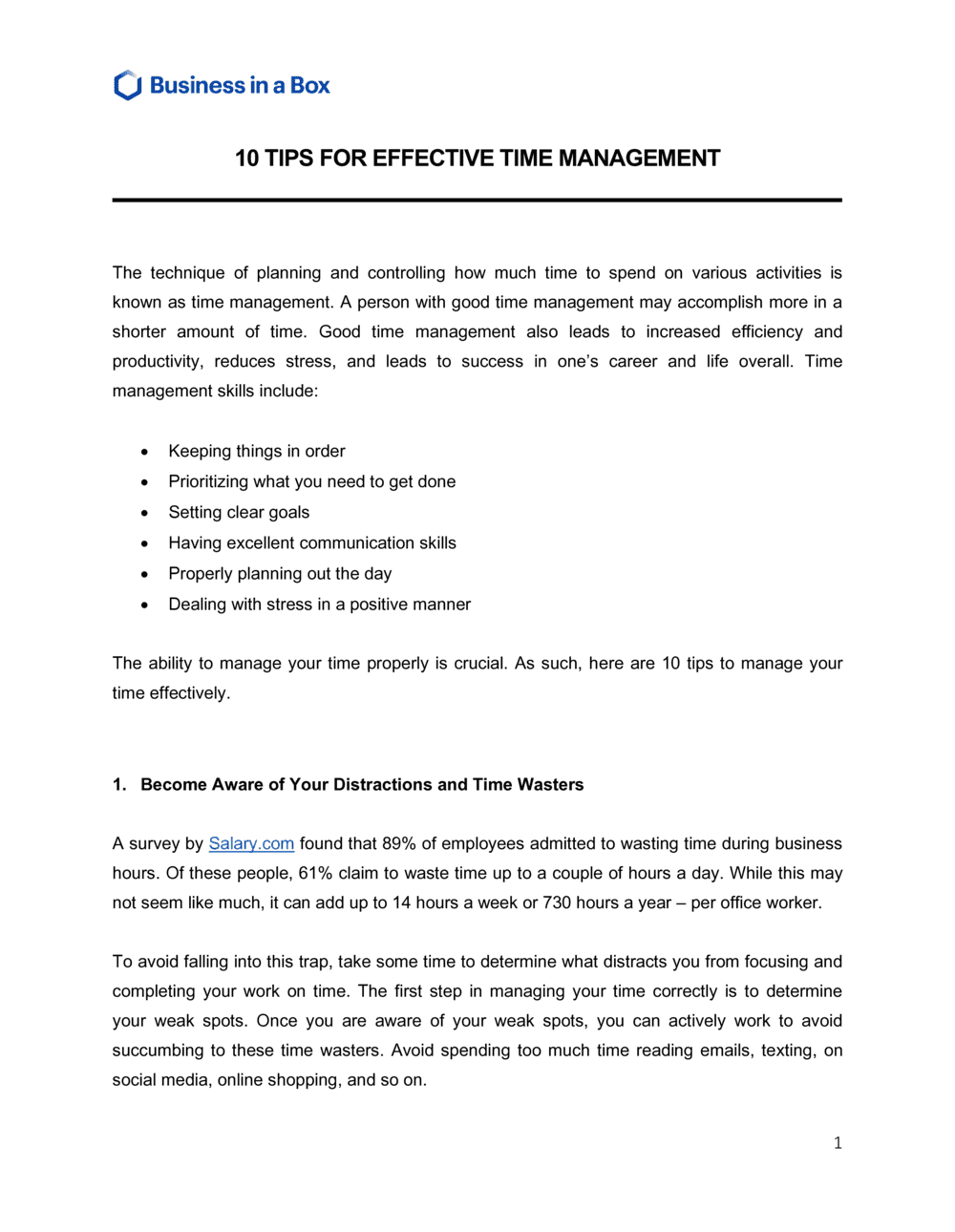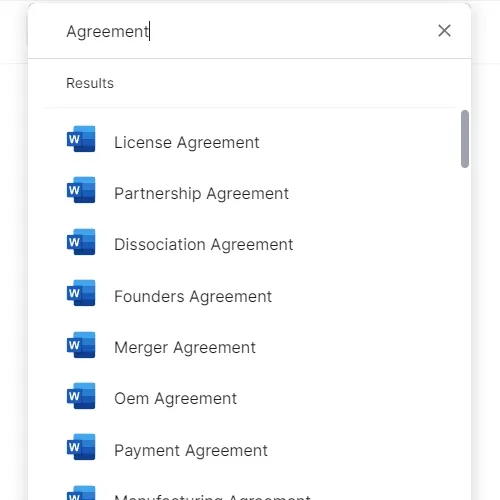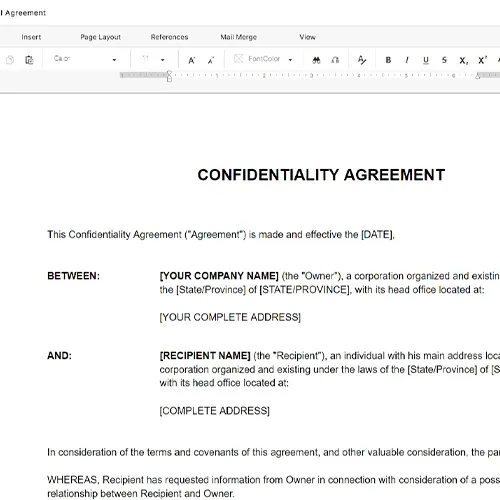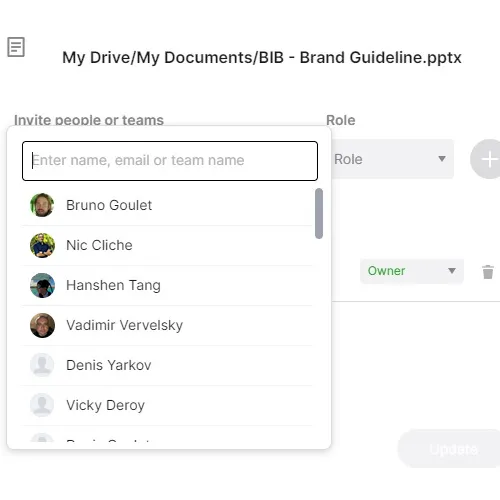10 Tips For Effective Time Management Template

Document content
This 10 tips for effective time management template has 4 pages and is a MS Word file type listed under our human resources documents.
Sample of our 10 tips for effective time management template:
10 TIPS FOR EFFECTIVE TIME MANAGEMENT The technique of planning and controlling how much time to spend on various activities is known as time management. A person with good time management may accomplish more in a shorter amount of time. Good time management also leads to increased efficiency and productivity, reduces stress, and leads to success in one's career and life overall. Time management skills include: Keeping things in order Prioritizing what you need to get done Setting clear goals Having excellent communication skills Properly planning out the day Dealing with stress in a positive manner The ability to manage your time properly is crucial. As such, here are 10 tips to manage your time effectively. Become Aware of Your Distractions and Time Wasters A survey by Salary.com found that 89% of employees admitted to wasting time during business hours. Of these people, 61% claim to waste time up to a couple of hours a day. While this may not seem like much, it can add up to 14 hours a week or 730 hours a year - per office worker. To avoid falling into this trap, take some time to determine what distracts you from focusing and completing your work on time. The first step in managing your time correctly is to determine your weak spots. Once you are aware of your weak spots, you can actively work to avoid succumbing to these time wasters. Avoid spending too much time reading emails, texting, on social media, online shopping, and so on. Set Your Goals a Day in Advance Evaluate and set your goals a day in advance. When you arrive at work in the morning, you will have a set plan in place, so you will be starting your day with a clear plan in mind. Leave some room for unexpected tasks or occurrences. Set goals that are achievable and measurable. Use the SMART method when targeting your goals, described as follows: Specific, Measurable, Attainable, Relevant, and Timely. Determine Your Tasks and Accomplish Them Based on Priority Prioritize responsibilities based on significance and urgency. For example, look at your everyday tasks and decipher which ones are: Significant and urgent: Do these tasks immediately. Significant but not urgent: Decide when you can accomplish these tasks in your own time. Urgent but not significant: Delegate tasks if possible. Neither urgent nor significant: Set these aside to do later, when you have time. Create a To-Do List and Don't Waver From It Creating a to-do list of your tasks will help you stay focused on achieving the tasks that matter the most. Before leaving work for the day, we recommend preparing a list of the most urgent tasks for the next day. Starting every day by throwing an eye over your task list will set you off in the right direction and help you focus on the most important tasks for the day
3,000+ Templates & Tools to Help You Start, Run & Grow Your Business

Document content
This 10 tips for effective time management template has 4 pages and is a MS Word file type listed under our human resources documents.
Sample of our 10 tips for effective time management template:
10 TIPS FOR EFFECTIVE TIME MANAGEMENT The technique of planning and controlling how much time to spend on various activities is known as time management. A person with good time management may accomplish more in a shorter amount of time. Good time management also leads to increased efficiency and productivity, reduces stress, and leads to success in one's career and life overall. Time management skills include: Keeping things in order Prioritizing what you need to get done Setting clear goals Having excellent communication skills Properly planning out the day Dealing with stress in a positive manner The ability to manage your time properly is crucial. As such, here are 10 tips to manage your time effectively. Become Aware of Your Distractions and Time Wasters A survey by Salary.com found that 89% of employees admitted to wasting time during business hours. Of these people, 61% claim to waste time up to a couple of hours a day. While this may not seem like much, it can add up to 14 hours a week or 730 hours a year - per office worker. To avoid falling into this trap, take some time to determine what distracts you from focusing and completing your work on time. The first step in managing your time correctly is to determine your weak spots. Once you are aware of your weak spots, you can actively work to avoid succumbing to these time wasters. Avoid spending too much time reading emails, texting, on social media, online shopping, and so on. Set Your Goals a Day in Advance Evaluate and set your goals a day in advance. When you arrive at work in the morning, you will have a set plan in place, so you will be starting your day with a clear plan in mind. Leave some room for unexpected tasks or occurrences. Set goals that are achievable and measurable. Use the SMART method when targeting your goals, described as follows: Specific, Measurable, Attainable, Relevant, and Timely. Determine Your Tasks and Accomplish Them Based on Priority Prioritize responsibilities based on significance and urgency. For example, look at your everyday tasks and decipher which ones are: Significant and urgent: Do these tasks immediately. Significant but not urgent: Decide when you can accomplish these tasks in your own time. Urgent but not significant: Delegate tasks if possible. Neither urgent nor significant: Set these aside to do later, when you have time. Create a To-Do List and Don't Waver From It Creating a to-do list of your tasks will help you stay focused on achieving the tasks that matter the most. Before leaving work for the day, we recommend preparing a list of the most urgent tasks for the next day. Starting every day by throwing an eye over your task list will set you off in the right direction and help you focus on the most important tasks for the day
Easily Create Any Business Document You Need in Minutes.

Access over 3,000+ business and legal templates for any business task, project or initiative.

Customize your ready-made business document template and save it in the cloud.

Share your files and folders with your team. Create a space of seamless collaboration.
Templates and Tools to Manage Every Aspect of Your Business.
Business in a Box Covers Every Business Department
Includes 16 Types of Business Documents You Need
and Achieve Your Business Goals Faster.
